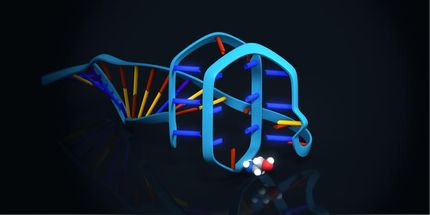Trenzyme receives ISO 9001 certification
Advertisement
The Trenzyme GmbH has set another milestone as a first class service provider for the pharma and life science industry. By obtaining the DIN EN ISO 9001:2008 certification the German "TÜV Süd" agency officially acknowledged Trenzyme's high quality management standards. Trenzyme becomes one of few biotech service providers in the areas of cell line development and protein production to be ISO 9001 certified. The certification covers all areas from customer service and ordering to production processes and product delivery.
"This certification sets us apart from most of our competitors, especially in such complex areas as cell line development and protein expression offering such a variety of host systems." says the founder and CEO Dr. Reinhold Horlacher. "The newly enhanced and completely electronical quality management system is instrumental to a flawless process documentation and an efficient corporate management. It guarantees that our products adhere a consistently high standard which our customers expect from us."
Under guidance of Trenzyme's Co-CEO Konstantin Matentzoglu the Konstanz (Germany)-based company also developed a comprehensive range of cell biological services, including Trenzyme's ExoIN cell line development technology. ExoIN makes it possible to generate homogenous, stable expression cell lines in a record-setting two weeks.
"The expansion of our cell culture business unit gives our customers the ability to choose any of the relevant expression-host systems. Depending on the customer's needs, we are able to generate any expression system: from bacteria and yeast to insect and mammalian cells. It has become one of our core strengths to be able to offer the complete range of services from strain and cell line development over protein expression and protein purification to analytics." explains the Co-CEO Konstantin Matentzoglu.
Most read news
Topics
Organizations
Other news from the department politics & laws

Get the life science industry in your inbox
By submitting this form you agree that LUMITOS AG will send you the newsletter(s) selected above by email. Your data will not be passed on to third parties. Your data will be stored and processed in accordance with our data protection regulations. LUMITOS may contact you by email for the purpose of advertising or market and opinion surveys. You can revoke your consent at any time without giving reasons to LUMITOS AG, Ernst-Augustin-Str. 2, 12489 Berlin, Germany or by e-mail at revoke@lumitos.com with effect for the future. In addition, each email contains a link to unsubscribe from the corresponding newsletter.























































